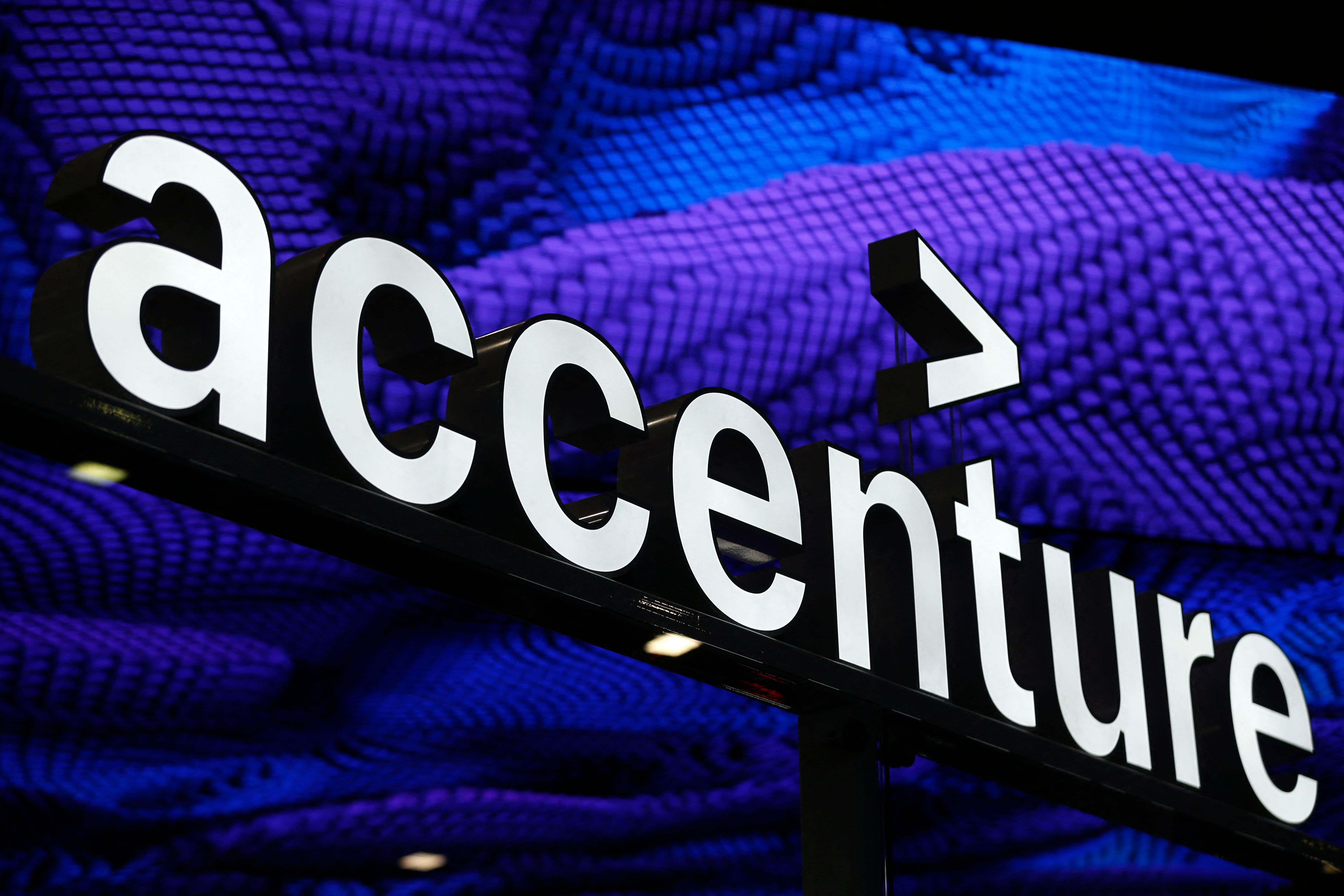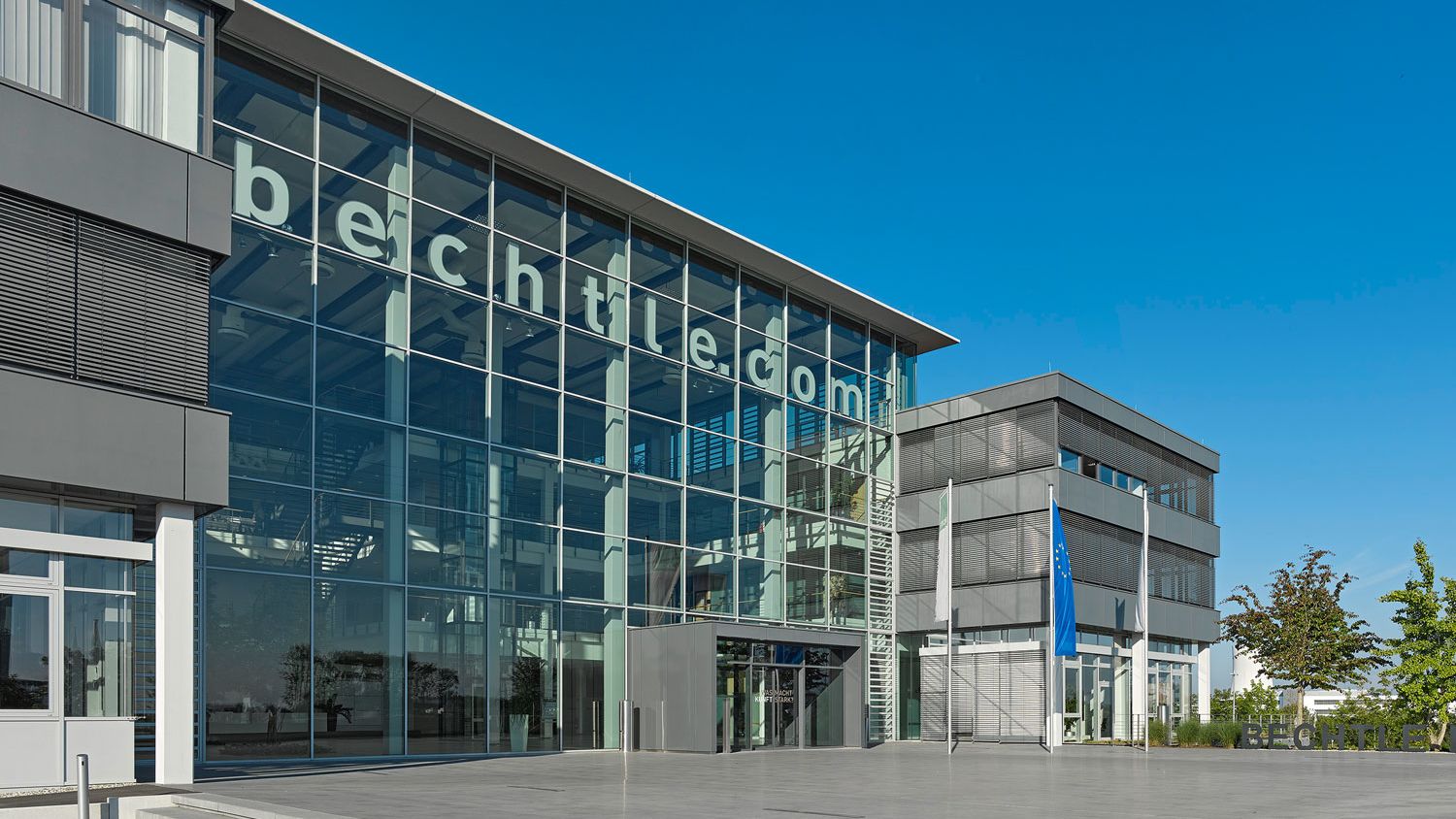Datto post-IPO will still put MSPs front and centre
CEO Tim Weller has assured MSPs that they can expect what they have come to love about the firm going forward…


Stay up to date with the latest Channel industry news and analysis with our twice-weekly newsletter
You are now subscribed
Your newsletter sign-up was successful
MSPs can expect the same good levels of tech, support and service they’ve become accustomed to from Datto following its initial public offering (IPO), according to the firm's CEO Tim Weller.
Datto confirmed on Tuesday 19 October that 22,000,000 shares of common stock price would be made available to the public at a price of $27 per share.
This move is expected to result in around $549 million – a figure that will be used to pay any outstanding debt.
Speaking to Channel Pro the day after the firm’s initial public offering (IPO) mid-last week, Weller talked about the challenges 2020 has brought for us all, but also the opportunities that lie ahead.
Weller was, understandably, excited by ringing the bell at the New York Stock Exchange (NYSE) to mark the occasion and described it as both a bucket list moment and something – importantly for the channel – the “moves us forward in so many ways.”
And, as further testament to the idea the company lives and breathes ‘MSP’ the stock ticker symbol Datto selected for itself was, aptly, MSP.
“We're never far from partners and just to remind us we put it on the door - the ticker symbol is MSP,” Weller told Channel Pro. “That is what we do. If partners don't grow, the MSP industry does not thrive, and then Datto doesn't thrive.”
Stay up to date with the latest Channel industry news and analysis with our twice-weekly newsletter
“We're not going to change. We have had a number of different investor bases over that period – from VC, private equity and, now, public investors. We wake up in the morning still building technology for MSPs. That’s what Datto does.”
When any vendor reaches the IPO stage, customers and partners alike are obviously curious as to how the change will affect their relationship with the firm. But, Weller was keen to ensure MSPs know the future remains very bright indeed.
“We raised hundreds of millions of dollars. I've already been emailing HR asking them to hire more engineers, hire more sales, get more support out there to the partners… Can we launch some new countries? There are MSPs everywhere in the world. Let's go find them and start to build the relationships.”
Datto’s culture will also remain the same, according to Weller, who made sure he told prospective investors in advance what they would be getting themselves into.
“We wanted them to understand what we do. Datto is not a big enterprise company. We're not a direct selling company. [We wanted to say] ‘This is what you're investing in, go in with your eyes wide open.’ And [for them to] know that we play the long game - we've never been in a big hurry at Datto other than that urgency to create more tech and help our partners,” Weller added.
“I hope we have the right shareholder base. We certainly tried to attract people that understood the 10-year opportunity and that understood MSPs.”
The opportunity remains for MSPs to add value to organisations, even in the face of the pandemic. Analysts suggest the industry has reached $137bn – a figure that is predicted to double over the next five years.
“We’re the largest pure-play MSP technology company now by quite a bit. So if we're doing well, we know it's a direct reflection of what the MSPs are doing because we don't sell anything if they if they're not selling,” Weller added.
Talking of the future and what it means not only to Datto, but to the MSP community, too, Weller added: “We were just in the right place the right time and it made sense to take the next step on our journey. It's a milestone and now we look forward with partners.
Maggie has been a journalist since 1999, starting her career as an editorial assistant on then-weekly magazine Computing, before working her way up to senior reporter level. In 2006, just weeks before ITPro was launched, Maggie joined Dennis Publishing as a reporter. Having worked her way up to editor of ITPro, she was appointed group editor of CloudPro and ITPro in April 2012. She became the editorial director and took responsibility for ChannelPro, in 2016.
Her areas of particular interest, aside from cloud, include management and C-level issues, the business value of technology, green and environmental issues and careers to name but a few.
-
 Cloudflare warns state-backed hackers are ‘weaponizing legitimate enterprise ecosystems’ as ‘living off the land’ attacks surge
Cloudflare warns state-backed hackers are ‘weaponizing legitimate enterprise ecosystems’ as ‘living off the land’ attacks surgeNews Chinese, North Korean, and Russian-backed threat groups now favor longer-term compromises over brute force attacks
-
 Surging third-party risks create software vulnerability headaches for developer teams
Surging third-party risks create software vulnerability headaches for developer teamsNews Security risk is increasing across the software delivery lifecycle as development relies more heavily on third-party components
-
 Accenture expands cloud transformation capabilities with Objectivity acquisition
Accenture expands cloud transformation capabilities with Objectivity acquisitionNews The platform engineering MSP will help Accenture’s European customers leverage “more open and adaptable platform models and services”
-
 Pax8 names SaaS veteran David Powell as new sales strategy chief
Pax8 names SaaS veteran David Powell as new sales strategy chiefNews The former Evo Security executive will work with MSPs to help strengthen their cyber security offerings
-
 Bechtle snaps up Tangible Benefit to expand UK market presence
Bechtle snaps up Tangible Benefit to expand UK market presenceNews German reseller announces its second UK buy in four months as it steams ahead with its international acquisition strategy
-
 Babble acquires award-winning Microsoft CSP TechQuarters
Babble acquires award-winning Microsoft CSP TechQuartersNews Cloud communications provider fends off competition from 20 other bidders to bolster its Microsoft capabilities
-
 Trustmarque hires NTT Data’s UK lead as its new CEO
Trustmarque hires NTT Data’s UK lead as its new CEONews Simon Williams will lead the IT solutions and services provider into its next phase of growth
-
 Wavenet set to acquire AdEPT for £50.3 million
Wavenet set to acquire AdEPT for £50.3 millionNews The combined business will become one of the UK’s largest managed service providers with revenues exceeding £200 million
-
 TD Synnex launches free security self-assessments for VMware partners
TD Synnex launches free security self-assessments for VMware partnersNews Partners can now offer clients three specially-designed surveys, worth tens of thousands, to help drive new business potential
-
 Node4 appoints Hannah Birch as managing director for digital services
Node4 appoints Hannah Birch as managing director for digital servicesNews Former Ensono and Accenture boss will work to strengthen the MSP’s partnership with Microsoft
